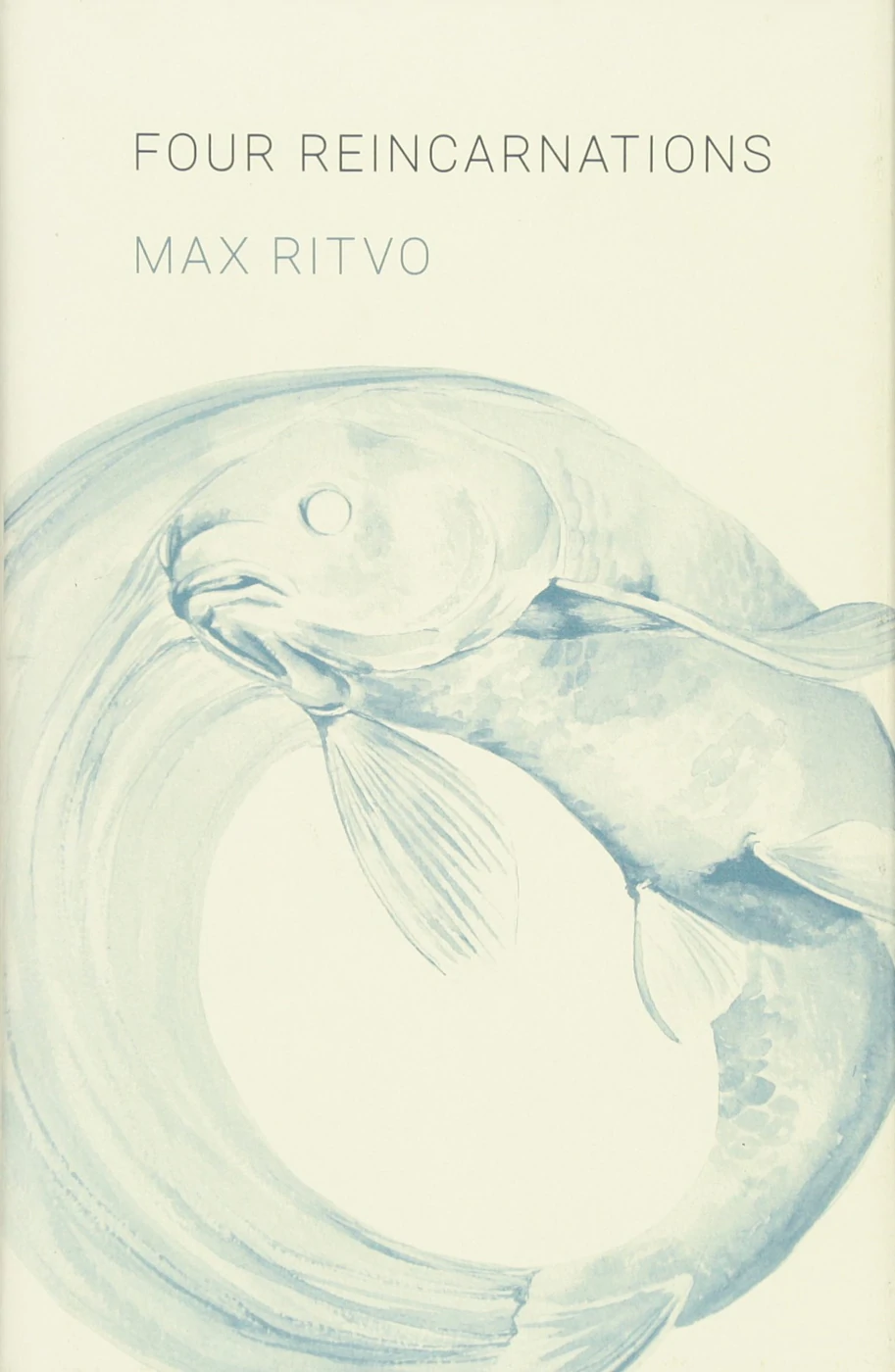
Four Reincarnations, by Max Ritvo
Words By S.J. Dymerski
It’s a widely accepted practice in modern criticism to refrain from analyzing any particular work that deals heavily with—or has been brought forth by—disease, within the confines of its predicating sickness. The reasons for this are pretty straightforward: in symptomizing a piece, we’re essentially anchoring it to one very specific meaning, ultimately silencing further abstract discussion and selling the work short in the process. I tend to agree with this—with the exception of a couple works, where I think the presence of the disease allows for a better interpretation of the text. Four Reincarnations is one such case.
Still, to say Max Ritvo’s collection is strictly about cancer would be to severely dwarf the content of the work itself. Four Reincarnations is a captivating, strange, and lonely collection that doesn’t atomize or belittle its topic, but instead expands upon it in confusing, abstract, and occasionally very funny ways. (And when I say funny, I mean these odd moments in the collection are absolutely hysterical.) Four Reincarnations is such a sobering experience overall that, when you encounter something that contrasts so much, it breaks through in such an unexpected way that the reader can’t help but at least smile in response. For example:
They call it a punch line because I punch you
in the fucking face if you step over the line.
(30, Mommy Harangues Poor Randal)
But, of course, Four Reincarnations’ bleak tonal return is inevitable, and even these odd moments cannot remain funny for long.
Ritvo displays an intense devotion to abstract image in this collection: often dreamlike, as well informed and deformed by the condition of the work itself. Nearly every poem in this collection lays claim to its own set of vivid and surreal pictures.
The Moon was dark
like it had taken too many pills
to produce light.
(63, The End)
An unspoken, but perhaps the most prevalent, aspect of Four Reincarnations is the lingering frustration that surrounds disease. Sickness is not an object to be conveyed, nor is it a topic easily discussed and understood between people. And while the phenomena of cancer stories set out to define everything, to say “this is life with cancer,” Ritvo’s writings sidestep that concept entirely. Four Reincarnations is not a collection about cancer so much as it is a work which itself embodies cancer; it is a look at the world through the obsidian glasses the disease makes you wear. And that is perhaps its most valuable strength: that the reader will set out upon the first reincarnation looking to understand its topic, and at the end of the fourth cycle they’re only left with a translucent notion. The answers aren’t, and they never really are, handed to the reader—because, with works such as these, the act of the speculation is made largely more meaningful when the reader has to perform it alone.
Afterword: From the staff at Tethered By Letters, our deepest condolences go out to the family and friends of Max Ritvo.